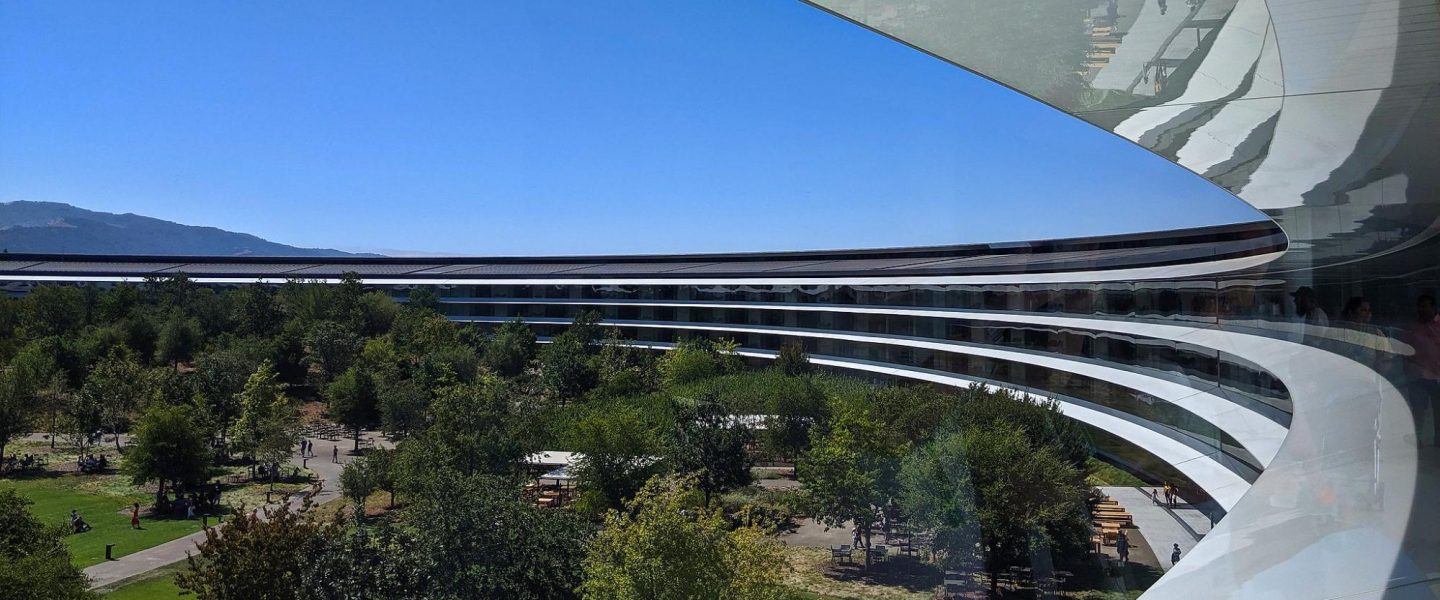Apple Joins Amazon, Google, and Microsoft in Tech Industry Layoffs
|
Listen To This Story
|
PICKS are stories from many sources, selected by our editors or recommended by our readers because they are important, surprising, troubling, enlightening, inspiring, or amusing. They appear on our site and in our daily newsletter. Please send suggested articles, videos, podcasts, etc. to picks@whowhatwhy.org.
Apple Joins Amazon, Google, and Microsoft in Tech Industry Layoffs (Maria)
The author writes, “Apple, which has thus far avoided the sweeping layoffs that have taken place at rival companies like Microsoft and Google, is eliminating some roles after all, according to a report in Bloomberg. The number of heads eliminated is believed to be relatively small, and they are all within the company’s ‘corporate retail teams,’ with a focus on workers who are responsible for the ‘construction and upkeep’ of Apple’s retail locations and other physical facilities.”
A Carman’s Perspective on the East Palestine Derailment and the Railroad Industry as a Whole (Gerry)
The author writes, “As carmen, it’s our job to inspect and repair rail cars. But these days, we’re forced to inspect and repair more and more rail cars, at an ever-increasing pace, with less manpower than ever before. We were trained to do this job right, but now we are threatened with discipline, and/or disciplined outright, for doing it how we were trained. The level to which this company has stooped to satisfy its shareholders is, frankly, insane. We, as a country, are witnessing the tragic, cumulative result of all these arcane policies — and, unfortunately, the residents of East Palestine, Ohio, and the surrounding area are paying the price for rail carriers’ pursuit of profits at all costs.”
The California Newspaper That Has No Reporters Left (Russ)
The author writes, “The Salinas Californian missed [major local] stories, understandably, because it employed only one journalist until December. That’s when the paper’s last reporter quit to take a job in TV. The departure marked the latest and perhaps final step in a slow-motion unwinding of what used to be the principal local news source in this city of 163,000.”
When Indigenous Rights, Conservation, and a Very Lucrative Fishery Collide (Laura)
From Sierra: “In December 2021, the tribal government of St. Paul applied for the creation of a national marine sanctuary around the entire Pribilof archipelago. … If created, Alagum Kanuux (which means ‘heart of the ocean’ in Unangam Tunuu, the Aleut language) would be the first marine sanctuary in Alaskan waters. It could include a huge swath of ocean; the initial application called for a boundary of 100 nautical miles. In June 2022, NOAA added Alagum Kanuux to its list of potential sanctuaries. If created as the tribe envisions it, the sanctuary will be the first of its kind in another way — the tribe would comanage it on equal footing with the federal government. On St. Paul, people call the initiative PRIME, short for the Pribilof Islands Marine Ecosystem.”
How to Spend Your City’s Money (Al)
From The New Yorker: “Many cities around the world practice some form of participatory budgeting, but even among those that do, Cascais [Portugal] is an outlier. It spends prodigiously through the system: in Paris, five per cent of the city’s annual investment budget has been allocated to participatory projects in recent years, but in Cascais, more than fifteen percent of the budget flows through the program, and the percentage can float higher if voter turnout rises. Cascais is surprising in another way: its mayor, Carlos Carreiras, is both a champion of participatory budgeting and a member of a center-right political party. Participatory budgeting is often considered a tool of the left, but its role in Cascais suggests that it could have a broader appeal; part of the theory behind it is that citizens can be better than officials at knowing how money should be spent.”
The Unpredictable Abilities Emerging From Large AI Models (Sean)
From Quanta Magazine: “Researchers are racing not only to identify additional emergent abilities but also to figure out why and how they occur at all — in essence, to try to predict unpredictability. Understanding emergence could reveal answers to deep questions around AI and machine learning in general, like whether complex models are truly doing something new or just getting really good at statistics. It could also help researchers harness potential benefits and curtail emergent risks.”
Sounds Emitted by Plants Under Stress Are Airborne and Informative (Mili)
The authors write, “Stressed plants show altered phenotypes, including changes in color, smell, and shape. Yet, airborne sounds emitted by stressed plants have not been investigated before. Here we show that stressed plants emit airborne sounds that can be recorded from a distance and classified. We recorded ultrasonic sounds emitted by tomato and tobacco plants inside an acoustic chamber, and in a greenhouse, while monitoring the plant’s physiological parameters. We developed machine learning models that succeeded in identifying the condition of the plants, including dehydration level and injury, based solely on the emitted sounds. These informative sounds may also be detectable by other organisms. This work opens avenues for understanding plants and their interactions with the environment and may have significant impact on agriculture.”
Elderly Swiss Women Bring European Court’s First Climate Case (Laura)
The author writes, “The first climate change case at the Strasbourg court has been brought by a group of Swiss female pensioners who claim that their country’s inaction in the face of rising temperatures puts them at risk of dying during heatwaves.”




